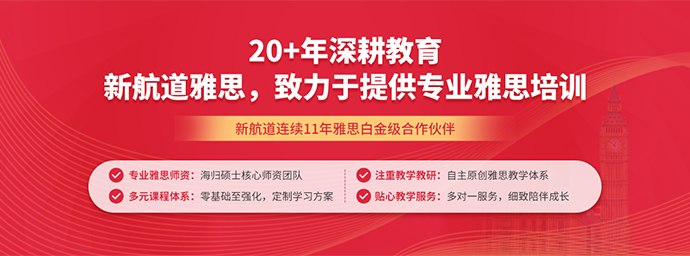
IELTS: Reading without Speaking?
Numerous IELTS programs that are offered through out Asia and most often in China are divided into four major areas which mirror the actual IELTS examination: Reading, Writing, Listening and Speaking. In most cases these classes use different teachers and certainly different text books for each module. The majority of programs use brute memorization to prepare for the exam. The classes are structured to utilize the students past educational processes i.e. memorize or fail, to “teach” the students. The words are more important than the method. As in the traditional Chinese educational system the student’s capacity for memorization is challenged. The result rather than the method are stressed. The exam becomes the reward, not the knowledge that should be gained from the class.
So here rises the problem. Can the reading module portion of the IELTS exam be taught independently from the speaking part? There are pros and cons to this question. Do we as westerners teach reading to our children with speaking to them? The answer is obvious NO!! So why should we as educators teach the youth of China or for that matter the world, how to pass a reading exam without saying a single spoken word. Sounds rather stupid doesn’t it. But in fact many western educators are expected to teach their class to pass a test in reading sans oral interaction. The spoken word is over looked in favor of the written word. Read and recite. Read and repeat. Read and regurgitate.But NEVER read and tell me what you think about what you read. Never read and let’s discuss. Never read and give me your opinion. WHY? Is the examination overshadowing the learning process? Simply “YES”.
From day one of a prototypical IELTS reading class, the students are given outdated textbooks that are aimed at educating a non-native speaker how to read, and understand a text that has little or no relevance to real life or real life experiences. Again the student is “taught” to read and understand some texts that a native speaker may have difficulty in understand, not because of the complexity, but because, let’s face it, it’s boring and does not relate to anything we can talk about. I am a great sports fan. I enjoy reading about all sports International football, F1 racing or track and field. That inrestes me. So why don’t we find things for the students that interests them and then TALK about them before trying to answer the questions about the article. Stress the understanding of what the article is saying and talk about it. NOT read and answer. TALK about it. Maybe the student’s grammar is poor, maybe their pronunciation is poor, but still let’s talk about what we just read. Certainly we can not please every student, but articles from the local English language newspaper will initially suffice, if there is no newspaper, then the WWW. Any news site will give the student more reading material than they will ever need to know. Day to day news will not only teach a student how to read, it will educate them in relevant topics they can discuss. It may be the weather, a major news story, or some very simple 2 paragraph item about a “talking dog”. It may sound stupid, but current events will further discussions. AND discussions will improve both understanding and communication skills.
If you as an IELTS student want to improve you reading comprehension, spend 15 minutes EVERY night reading a new article on the internet. You chat and play games for endless hours on your computer. Try something unique, use it to learn something. If you attend any sort of conversational English classes, go to your class and ask your teacher to discuss something that you read on the www. I have asked thousands of students, “well what did you do last night” and the most popular answer: “I played on my computer”. So take some of that play time and convert it to learning time; then TALK about it. In my opinion the key to reading and understanding is for YOU as the student to choose an interesting article, read it, write about it and TALK about it. Do not memorize each word, skim the article, and then ask yourself: what did I read. Not word by word, but what did the article really talk about. Ask your teacher to explain any ideas you do not understand. I said IDEAS, not words. You can find the meaning of words in your dictionary, you need to learn the ideas from some one who understands concepts, not just words. Understanding the ideas and talking about them is the clue. SO.. The next step is yours.






